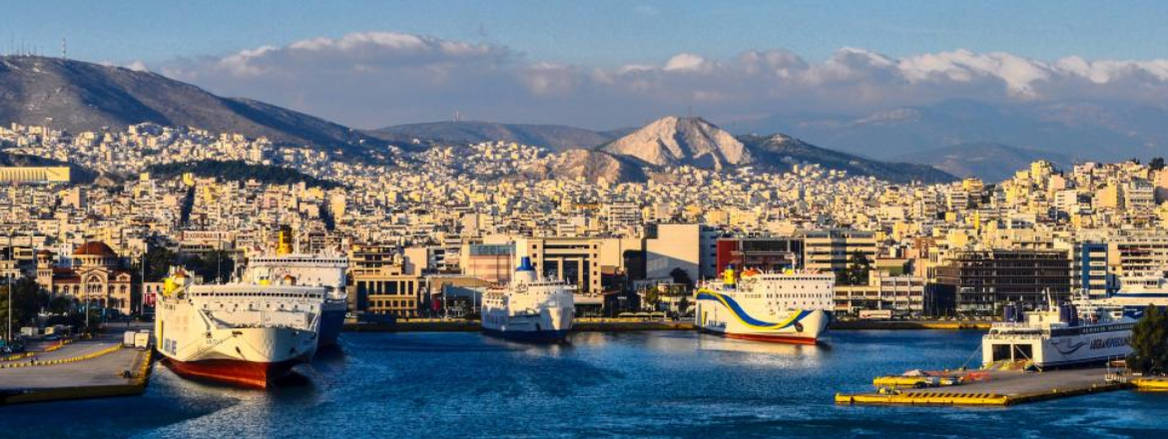On Tap Europe: Organised Crime and Illicit Trade in Greece: Country Report
This is the third in a series of five country-level papers on the role of organised crime groups in the illicit trade of tobacco, alcohol and pharmaceuticals across Europe, focusing on Greece as a case study.
Organised crime in Greece has historically been presented as an external threat, and the country’s vast coastline is indeed vulnerable to small-scale smuggling of various illicit goods from overseas, while its two major ports are frequently targeted by smugglers. As a result, Greece is widely cited as a key entry point for illicit goods into Europe, with the majority of illicit trade occurring in the regions where the two biggest cities and ports – Athens and Thessaloniki – are located.
Illicit trade is not seen as an isolated problem in Greece, but as part of a broader category of economic crimes. It is closely linked to tax evasion, corruption and fraud. However, specific information on the scale and the scope of illicit trade in Greece is limited and tends to be largely anecdotal, reflecting a lack of publicly available information on organised crime more broadly.
Authorities suggest that the way in which criminals in Greece organise themselves has evolved from strict, hierarchical structures to a more flexible ‘enterprise model’ in which a network of smaller OCGs is established for a particular operation. Groups that smuggle goods tend to deal across multiple commodities, moving between products based on the profit that can be made at any one time, regardless of the risk. Some illicit markets seem to be growing: data show that legitimate tobacco and alcohol sales are both decreasing, but there has not been a similar reduction in consumer demand.
This paper makes various key findings. First, the debt crisis that has affected Greece since 2008 has undeniably had an impact on local illicit markets, making the black market more attractive to some consumers and affecting the resources available to law enforcement authorities. Second, during this period of economic uncertainty, authorities have focused on tackling crimes that they believe have the biggest impact on state revenues, such as tax evasion, excise evasion, fraud, and bribery and corruption. Third, Greece has become an attractive hub for smuggling activity for various reasons, including its combination of remote and porous land borders and its long coastline, the scale of operations at the port of Piraeus, which makes monitoring the content of incoming containers a challenge, and because the country is in the Schengen Area, which means that the circulation of goods into the rest of Europe is relatively straightforward. Fourth, there is only limited information available on the scale and scope of organised crime activity, and of illicit trade in particular. Finally, identifying ‘little and often’ smuggling operations, whether by sea or by land, requires an excellent intelligence picture, which Greece has struggled to achieve.
ABOUT THE ON TAP EUROPE SERIES
According to Europol, commodity counterfeiting and illicit trade in substandard goods are major emerging criminal activities in the EU. The low risks and high profitability associated with illicit trade increasingly attract organised crime groups and the number of counterfeit products seized by law enforcement agencies across Europe continues to grow. The eighteen-month On Tap Europe study provides a comparative analysis of the role of organised crime in the illicit trade of tobacco, alcohol and pharmaceuticals across the EU, gathering evidence from a number of member states.
The six-part series explores the scale, methods and routes of these organised criminal networks, and identifies best practice in policy and law enforcement responses. The final report examines how these issues affect Europe as a whole; it features a series of recommendations for the European Commission, its agencies and EU member states.

